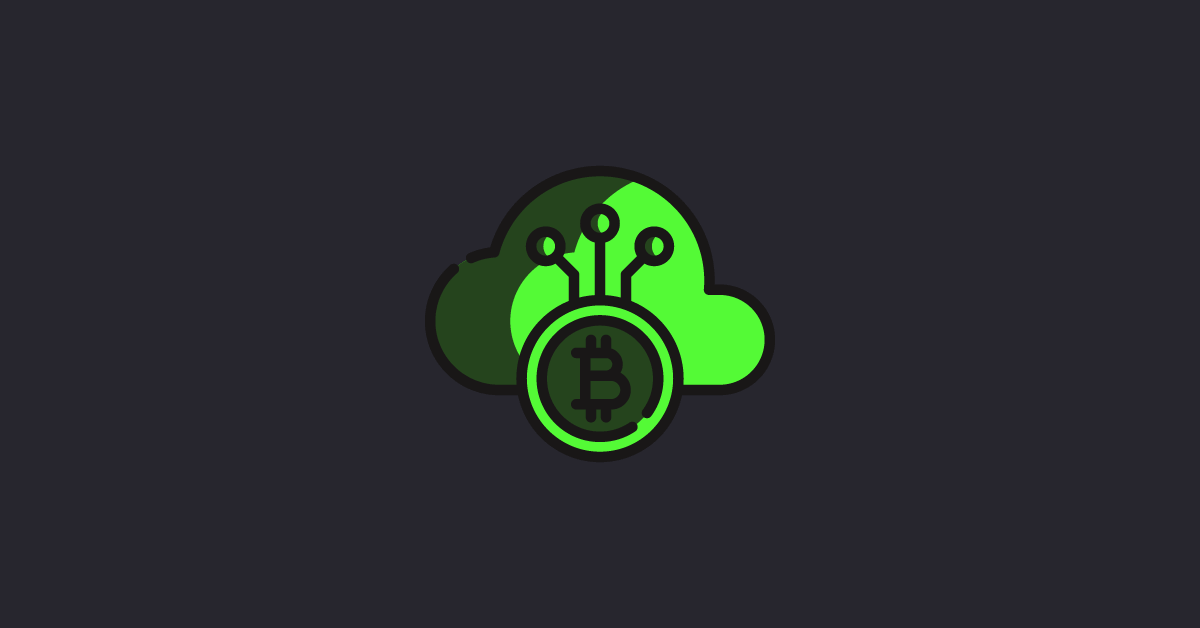


What Is Bitcoin?
Everything you have to know about Bitcoin and if you should consider investing in it.
- By Kriss
- Published on: January 21, 2021
Bitcoin (₿) is a cryptocurrency invented in 2008 by an unknown person or group of people using the name Satoshi Nakamoto. The currency began use in 2009 when its implementation was released as open-source software.
Bitcoin is a decentralized digital currency, without a central bank or single administrator that can be sent from user to user on the peer-to-peer Bitcoin network without the need for intermediaries. Transactions are verified by network nodes through cryptography and recorded in a public distributed ledger called a blockchain. For the Bitcoin system to work, people need to get their computers to process transactions. Since transactions are recorded, it is difficult to copy Bitcoins, make counterfeit ones or issue ones that you do not own. Bitcoins can be exchanged for other currencies, products, and services. But it is also possible to lose your Bitcoin wallet, delete your Bitcoins or lose them all.
Bitcoin has been criticized for its use in illegal transactions, the large amount of electricity used by miners, price volatility, and thefts from exchanges. Some economists, including several Nobel laureates, have characterized it as a speculative bubble at various times. Bitcoin has also been used as an investment, although several regulatory agencies have issued investor alerts about Bitcoin.
Bitcoins are created as a reward for a process known as mining.
What is Bitcoin mining?
Mining is the process of maintaining the Bitcoin network so that new coins emerge. The first miner to release the next block sends it to the network and, if it proves correct, it is added to the blockchain. Successful miners who find a new block are allowed to do so, and the rest of the network rewards them with Bitcoin transaction fees.
A Bitcoin miner helps maintain the Bitcoin blockchain by adding new transactions every 10 minutes. As new coins are created, Bitcoin miners help maintain the network by adding new transaction data. People opt for Bitcoin by using a process called proof-of-work, which involves computers solving mathematical puzzles to verify transactions.
Miners are rewarded with new Bitcoins for solving mathematical puzzles, verifying transactions, and supporting the Bitcoin code. Once new Bitcoins are discovered and made available for purchase and sale, the digital mining process involves discovering new blocks of unique hashes, long sequences of numbers, and letters that use an algorithm. For a transaction to be added to the Bitcoin blockchain in a block, it must be verified by a majority of Bitcoin holders, and a unique code is used to identify the wallet of a user if the transaction matches the correct encryption pattern.
Why would people be interested in Bitcoin?
There are three main reasons:
- Bitcoin is outside the traditional financial system. In addition, international payments are easy and cheap because Bitcoins are not tied to any country or subject to regulation.
- You can use Bitcoin anonymously to buy merchandise. Though each Bitcoin transaction is recorded in a public log, names of buyers and sellers are never revealed — only their wallet IDs. There are legitimate reasons for wanting either of those benefits — but there are criminal reasons as well.
- Some people just buy Bitcoin or other cryptocurrencies as an investment. You pay a certain price in the hopes you can sell it later at a higher price — the same reason you might buy stock or real estate.
If you want to buy Bitcoin, you don’t have to buy a full one, you can purchase tiny fractions — and do so online through cryptocurrency exchanges such as Coinbase, Binance and Gemini, or at one of the many ATMs in the U.S. that sell it.
Ownership
In the blockchain, Bitcoins are registered to Bitcoin addresses. Creating a Bitcoin address requires nothing more than picking a random valid private key and computing the corresponding Bitcoin address. This computation can be done in a split second. But the reverse, computing the private key of a given Bitcoin address, is practically unfeasible. Users can tell others or make public a Bitcoin address without compromising its corresponding private key. Moreover, the number of valid private keys is so vast that it is extremely unlikely someone will compute a key-pair that is already in use and has funds. The vast number of valid private keys makes it unfeasible that brute force could be used to compromise a private key. To be able to spend their Bitcoins, the owner must know the corresponding private key and digitally sign the transaction. The network verifies the signature using the public key; the private key is never revealed.
If the private key is lost, the Bitcoin network will not recognize any other evidence of ownership; the coins are then unusable, and effectively lost. For example, in 2013 one user claimed to have lost 7,500 Bitcoins, worth $7.5 million at the time, when he accidentally discarded a hard drive containing his private key. About 20% of all Bitcoins are believed to be lost -they would have had a market value of about $20 billion at July 2018 prices.
To ensure the security of Bitcoins, the private key must be kept secret. If the private key is revealed to a third party, e.g. through a data breach, the third party can use it to steal any associated Bitcoins. As of December 2017, around 980,000 Bitcoins have been stolen from cryptocurrency exchanges.
Transaction fees
Though transaction fees are optional, miners can choose which transactions to process and prioritize those that pay higher fees. Miners may choose transactions based on the fee paid relative to their storage size, not the absolute amount of money paid as a fee. These fees are generally measured in satoshis per byte (sat/b). The size of transactions is dependent on the number of inputs used to create the transaction, and the number of outputs.
Wallets
A wallet stores the information necessary to transact Bitcoins. While wallets are often described as a place to hold or store Bitcoins, due to the nature of the system, Bitcoins are inseparable from the blockchain transaction ledger. A wallet is more correctly defined as something that “stores the digital credentials for your Bitcoin holdings” and allows one to access (and spend) them, glossary Bitcoin uses public-key cryptography, in which two cryptographic keys, one public and one private, are generated. At its most basic, a wallet is a collection of these keys.
Third-party internet services called online wallets offer similar functionality but may be easier to use. In this case, credentials to access funds are stored with the online wallet provider rather than on the user’s hardware. As a result, the user must have complete trust in the online wallet provider. A malicious provider or a breach in server security may cause entrusted Bitcoins to be stolen. For example security can be a concern: Bitcoins worth tens of millions of dollars were stolen from Bitfinex when it was hacked in 2016.
- Share via

Kiara Sofia Smith
My current focus is blockchain technology and cryptocurrency. One could even call me a blockchain “enthusiast.” I have worked for almost a decade on several financial projects related to the stock market news, fundamental research and technical analysis for several blogs.
Recent Posts


These Major Companies Accept Bitcoin as Payment




